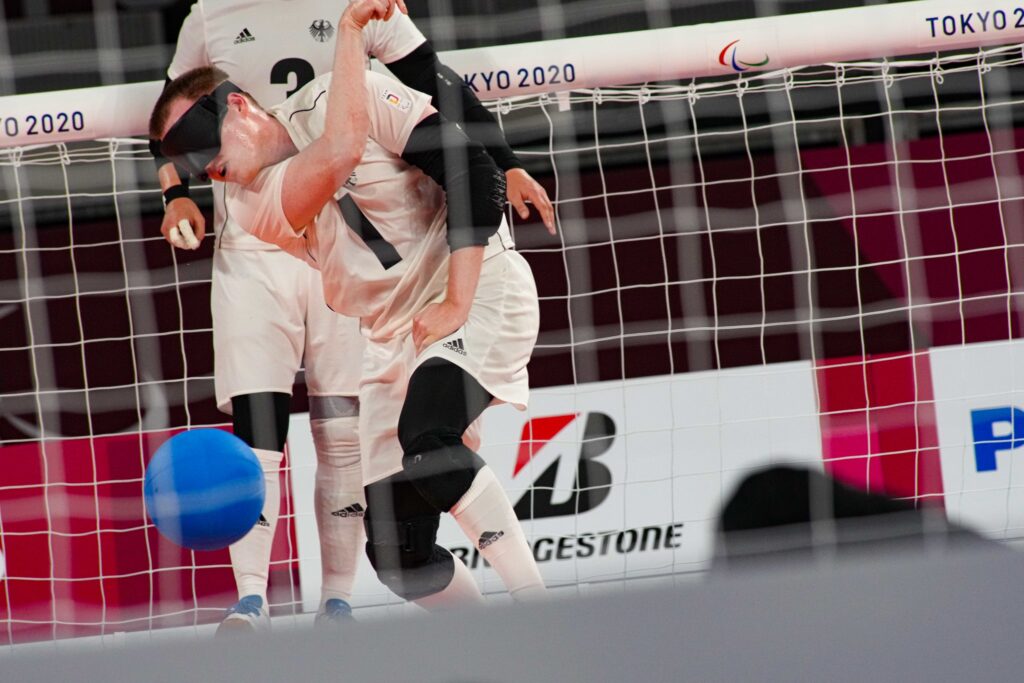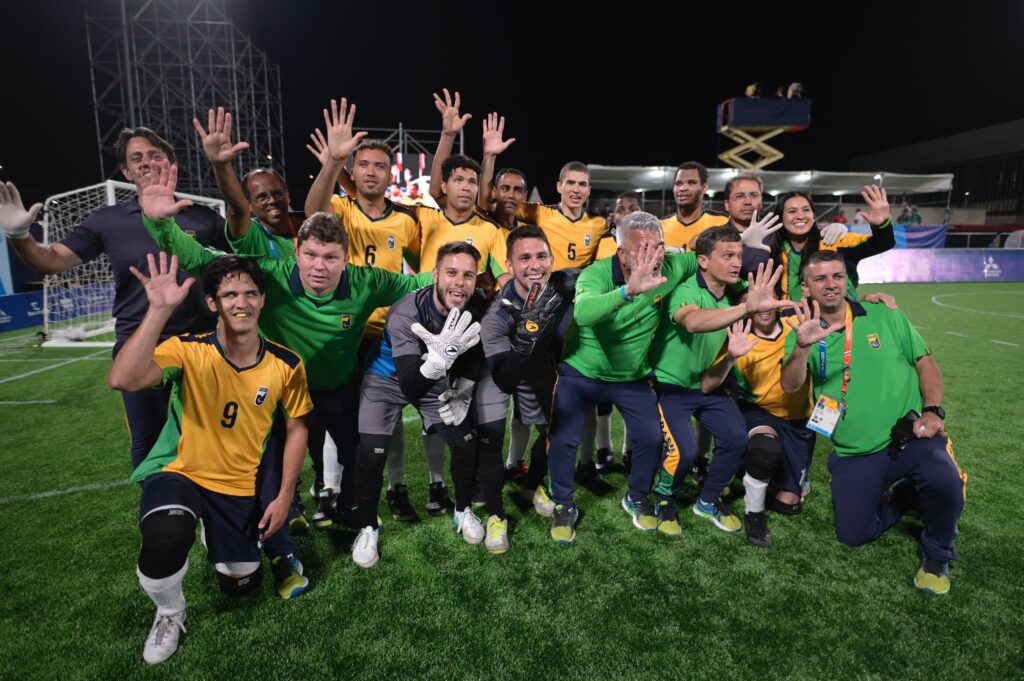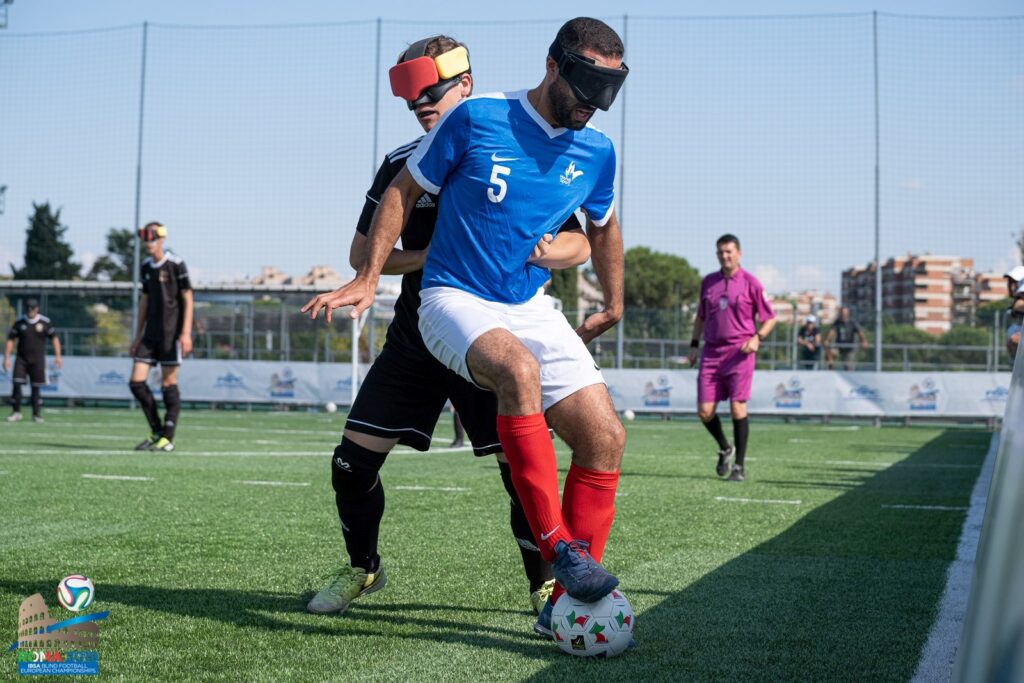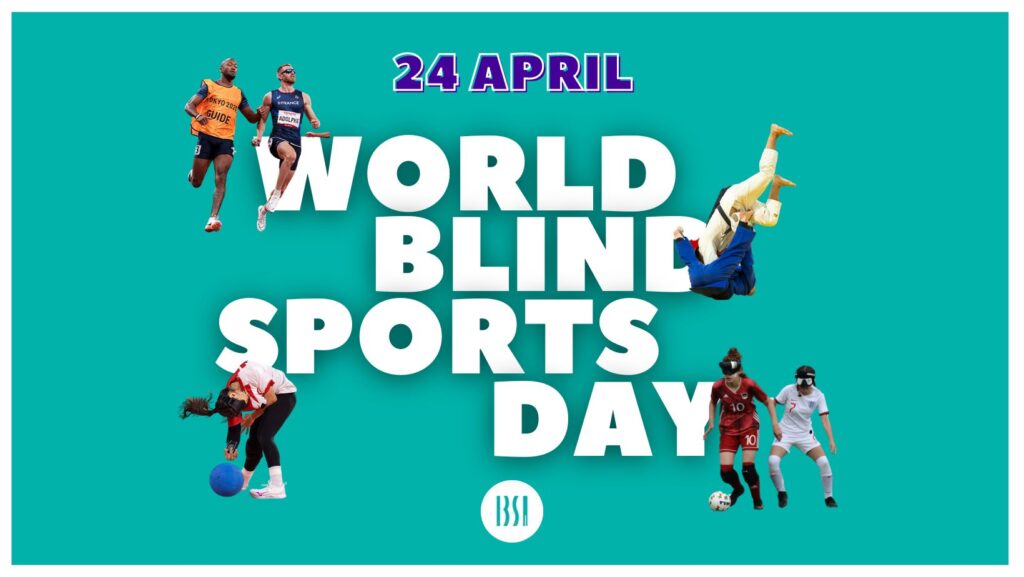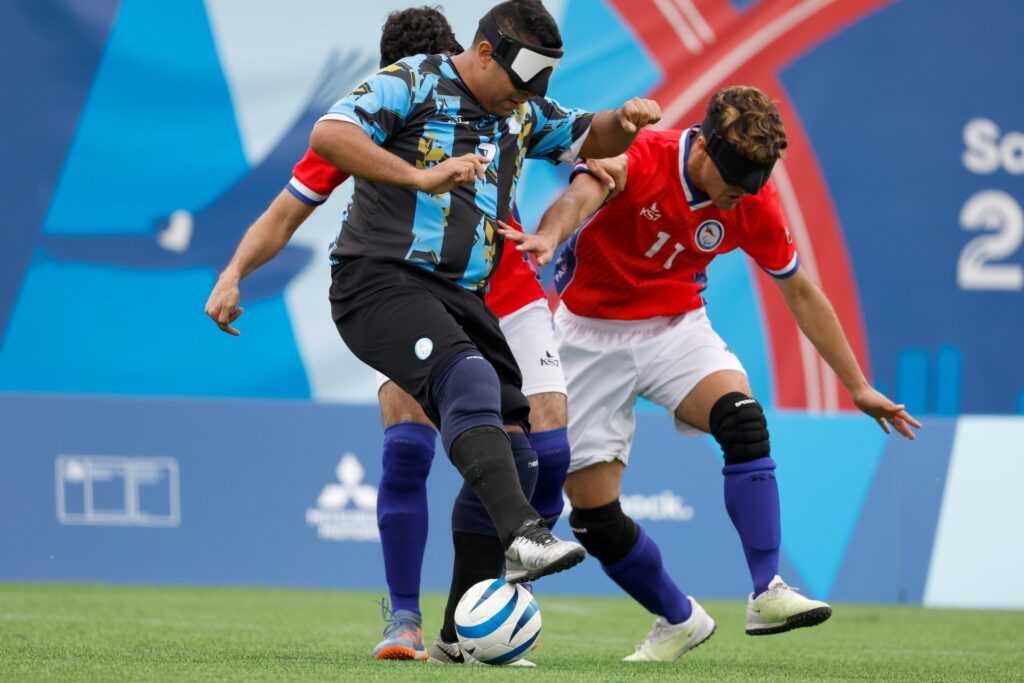News
Sulyok at forefront of shift in blind football as women take centre stage
Date: December 5, 2019
Category: Football
The 3rd Euro Challenge Cup in Krakow, Poland, saw Sulyok’s – as well as her team’s – international debut.
As more women engage with blind football as players, coaches, referees and support staff, IBSA Blind Football aims to host the first women’s World Championships in 2020. The ultimate aim is to achieve gender equality in the game.
“It is a great honour to captain the Austrian blind football team,” Sulyok said. “I feel very thankful to my teammates and our coach and guides. I think our strength is that we appreciate each other and everybody can bring his/her best into the team. I am very happy to be part of this team.”
Having had a passion for sports since childhood, at the age of three Sulyok contracted Stevens-Johnson syndrome. The condition, which is caused by a reaction to certain medications, resulted in the Austrian nearly losing her sight completely.
However, with the support of her father, Sulyok continued doing sports. Skiing, cycling, swimming, judo and long-distance running were all on the agenda for the youngster. Nevertheless, Sulyok struggled into adulthood to get involved in team sports because of her impairment.

Caption: Bettina lines up with her Austrian teammates before a match against Belarus at the 3rd Euro Challenge Cup in Krakow, Poland, in May 2018.
“What was always missing was team sports. I was mostly among sighted people in my life and I could not join them in team sports. When blind football started in Austria with our recent team two and a half years ago, I was very enthusiastic to join them."
“I was already 40 years old when I started. I tried to get back into regular sport activities after my children-related break. I really desired to do some team sports and at the same time there were activities to initiate blind football in Austria. So I got involved and caught fire.”
Also a wife and a mother, Sulyok manages to find the time for both her family and sports.
“My first focus is my family, my three children and my husband. I am also working for about 25 hours a week. Sports, especially football is also very important for me. I really got infected by this sport. To bring all this together is possible because of the support of my whole family and because I really like to have my days full of activities."
Sulyok has also been fortunate to enjoy the support of her teammates and coaches.
“For sure changes in society concerning equality of women and men were necessary to enable me to play in a mixed blind football team. I did not meet anybody in the community of blind football till now who discriminated because I am female. We are strongly connected in our team. That is our mantra!”
Her message to other women with visual impairments thinking about trying football for themselves is simple: “I think it is important to take the risk of trying new things and activities. You have to get engaged in something to see what is possible. So you will gain self confidence by exploring your possibilities and be in touch with other people.”
Sulyok is conscious that, whilst times are changing, there is still a long way to go:
“It is also important to watch the development of society with caution. The danger is to step back rather than step forward. There are still many things to improve for women and also for people with disabilities.”

Caption: Bettina (2nd from right) discusses tactics with women players from England and Germany at the women's blind football training camp and tournament in Vienna in May 2017.
“I want to continue playing football, trying to improve and being with my team. Fun is not the most important aspect for me in exercising this sport. As for the long-term future, I want to stay involved in developing this sport and would like to encourage others to join this fascinating sport. My family promised to support me in this and my older daughter is dreaming of becoming a goalkeeper.”
By Sarah Nasir and IBSA.
